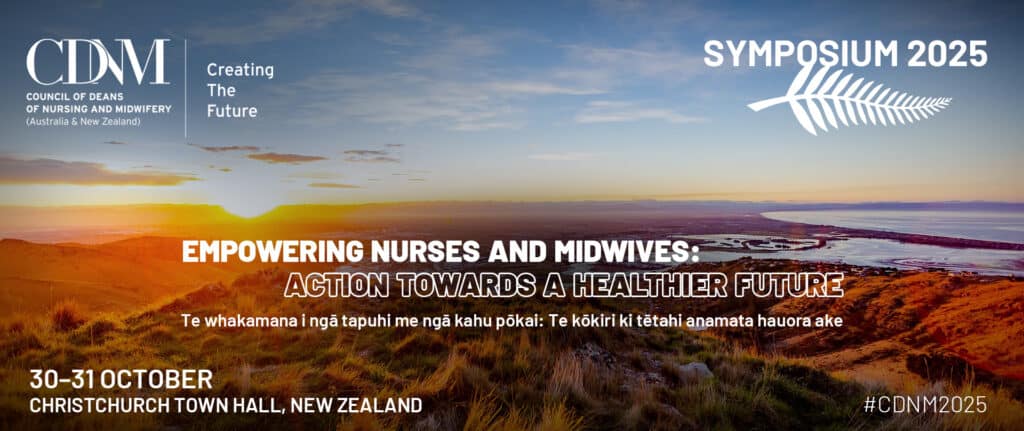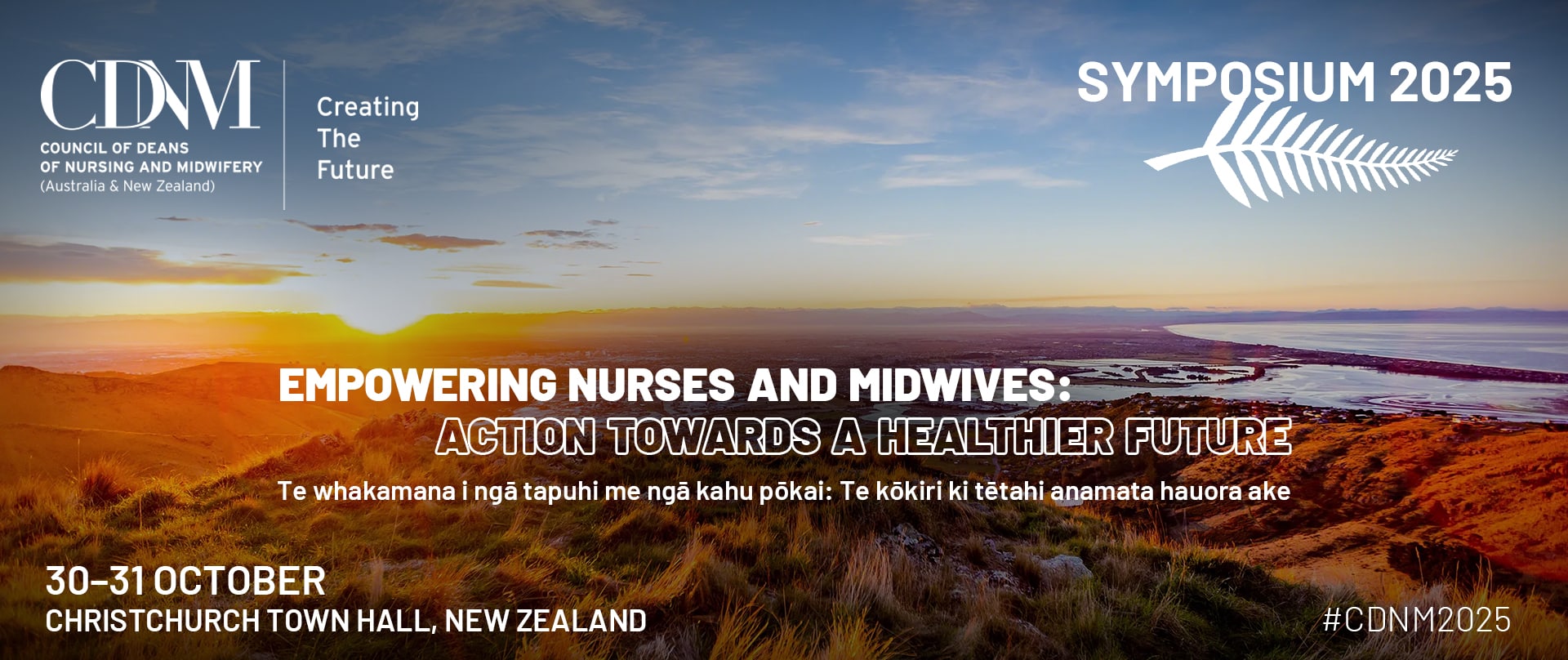
Keynote speakers
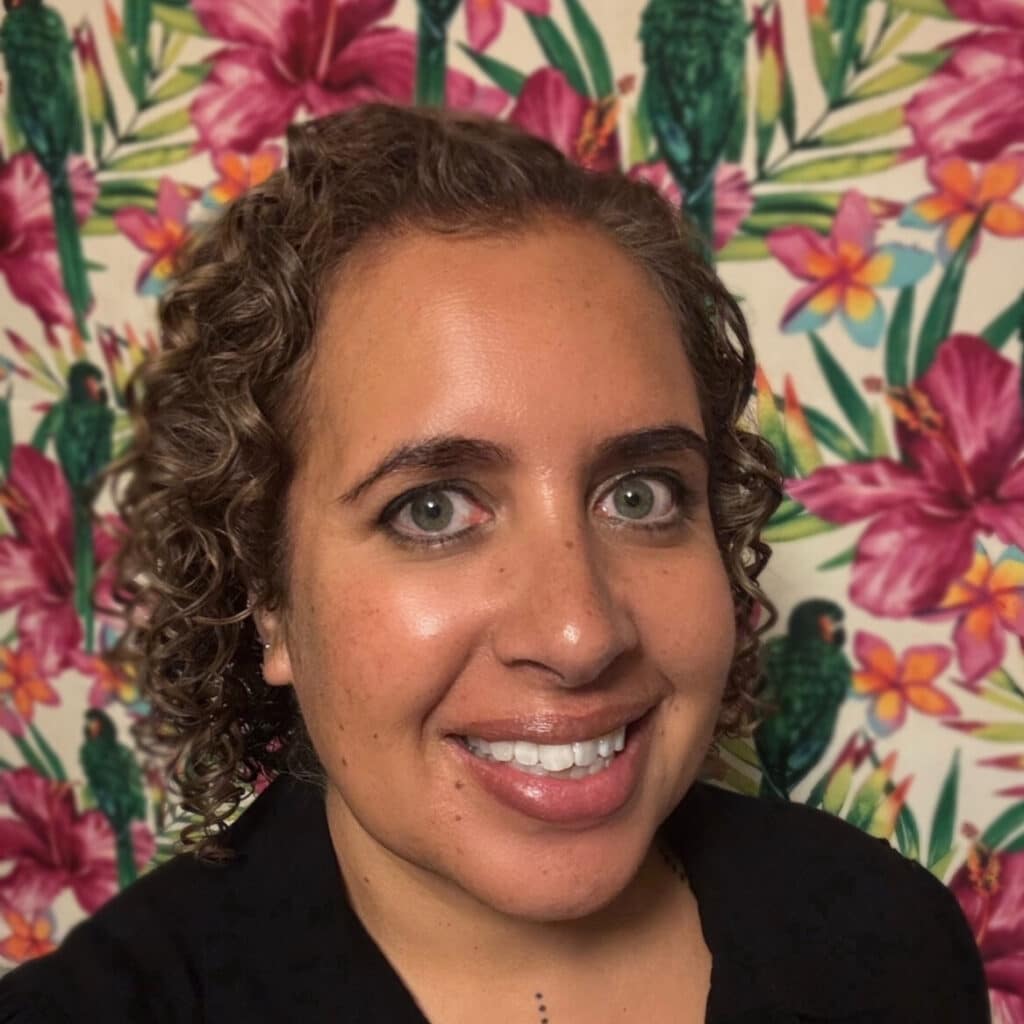
Talei Jackson
Senior Lecturer in the new Master of Clinical Practice (Midwifery) Programme, University of Waikato
Talei Jackson is a midwife, educator, and researcher, committed to strengthening the midwifery workforce and improving health outcomes in underserved communities. As a Senior Lecturer in the new Master of Clinical Practice (Midwifery) Programme at the University of Waikato, Talei is passionate about nurturing and empowering a new generation of midwives. She is a Doctoral Candidate, researching wellbeing and sustainability for Pacific Lead Maternity Care (LMC) midwives and their families, as part of a larger HRC project. As the current Co-Chair of Pasifika Midwives Aotearoa, Talei plays a vital role in advocating for and supporting Pacific midwives across Aotearoa.
Work, Worth, and Wellbeing: From Sacrifice to Sustainability
In caring professions, like midwifery and nursing, self-sacrifice has long been worn as a badge of honour. Skipped meal breaks, emotional exhaustion, and silent endurance are often seen as markers of commitment. But what if this relentless giving isn’t a strength – but a sign that something must shift?
This talanoa invites us to move – from sacrifice to sustainability. Grounded in lived experience of a Pacific midwife, researcher and educator, it explores how we can continue to care for others without losing ourselves along the way.
Drawing on reflections from midwifery practice and education, this talanoa considers the cultural, structural, and systemic costs of our current ways of working. It examines how overextension affects not only us as individuals but also the safety of our services, the wellbeing of whānau and communities we serve, and the future of our workforce.
Framed through the interconnected lenses of work, worth, and wellbeing, the focus shifts from personal burnout to collective responsibility. It explores how leadership, education, and Indigenous cultural frameworks and concepts, can guide us toward more sustainable, reciprocal, and relational ways of working.
With story, reflection, and practical insight, this talanoa offers a call to action: to reimagine care that doesn’t come at the cost of our own wellbeing and sustainability. Instead, we look to a future where care is anchored in balance – nurturing both those who receive care and those who provide it.
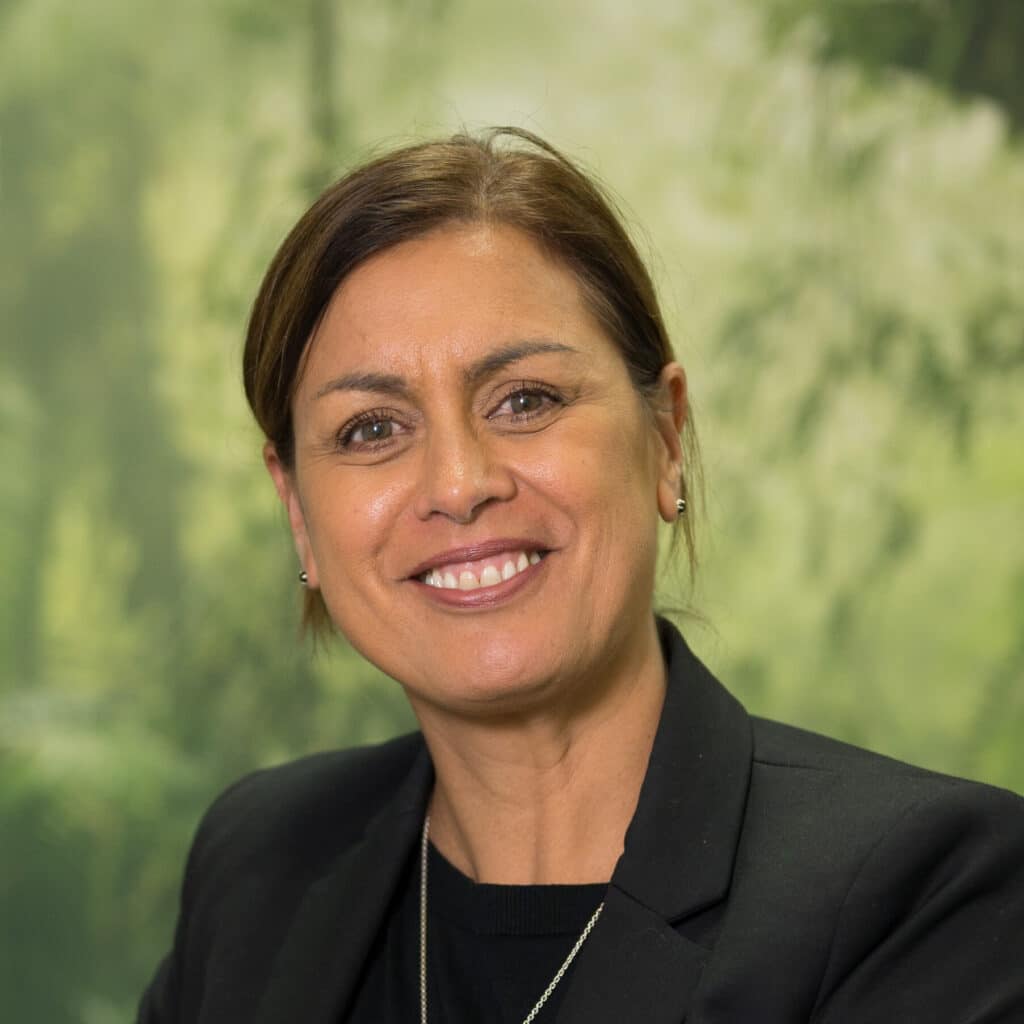
Professor Suzanne Pitama
BA, MA (First Class Hons), PGDipEdPsych, PhD (Otago). NZSPsS.
Dean of the University of Otago Medical School
Suzanne is the Dean of the University of Otago Medical School and a registered psychologist. A member of the New Zealand Psychological Society, she has spent over 20 years advancing Māori health research and health professional education. Her work has been instrumental in developing an Indigenous Health model that helps both Indigenous and non-Indigenous health professionals strengthen cultural competency and safety in their practice.
Suzanne’s contributions have been widely recognized. She has received the Prime Minister’s Supreme Award for tertiary teaching excellence, as well as the Indigenous Leadership Award and Lifetime Award from the Leaders in Indigenous Medical Education (LIME). Her research in Indigenous medical education earned her the prestigious Joan Metge Medal, and she was also honored with the Dame Marie Clay Award for her impact on educational and developmental psychology.
Passionate about equitable healthcare and transformative education, Suzanne continues to shape the future of medical training and Indigenous health advancement in Aotearoa.
Bringing the Meihana Model to Life: Transforming Nursing Practice for Māori Health Equity
The Meihana Model (2007, 2014, 2017) is more than a framework—it’s a powerful tool for change in Aotearoa’s healthcare landscape. But how does it truly come to life in nursing practice? This keynote will move beyond theory and dive into real-world application, exploring how the Meihana Model empowers nurses to embed cultural safety, equity, and whānau-centered care into their everyday work. Through practical examples, we’ll uncover how this model transforms practice, influences outcomes, and ultimately becomes second nature in nursing care. Whether you’re new to the model or looking to deepen your understanding, this session will inspire and equip you to make a meaningful difference in Māori health advancement.
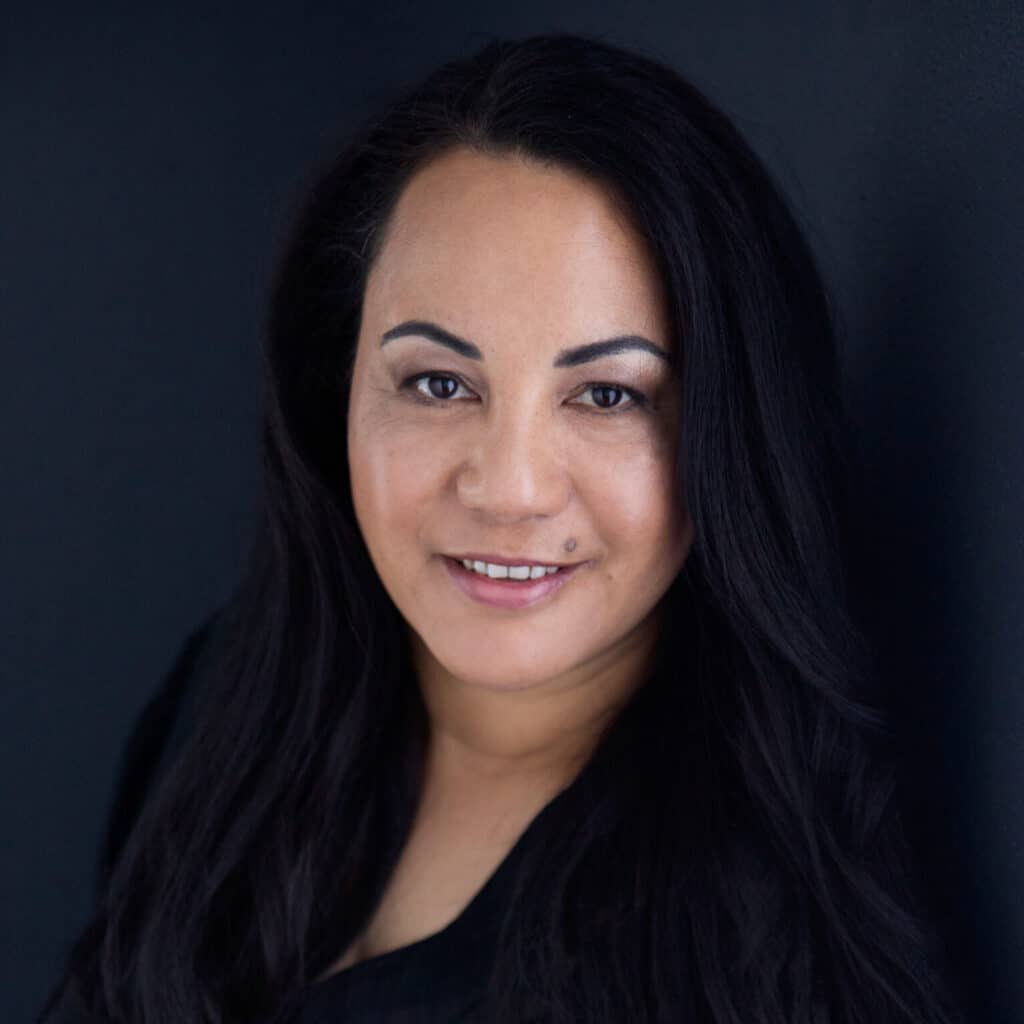
Lorraine Hetaraka
Chief Nurse, Ministry of Health New Zealand
Lorraine Hetaraka is the Chief Nurse at the Ministry of Health, Manatū Hauora, where she leads national nursing policy, provides expert advice to government, and champions professional leadership for nurses across Aotearoa New Zealand. With a career spanning over two decades, Lorraine is widely recognised for her commitment to advancing Nursing practice and driving equitable health outcomes for all communities.
Lorraine began her nursing career in 1997 as a RN in a dementia facility then secured the role as the first Māori new graduate at Tauranga Hospital. Her early experiences, shaped by her upbringing in a military family as well as witnessing health inequities within her whānau, and community inspired her lifelong dedication to improving health outcomes for vulnerable populations.
Her career trajectory includes significant leadership roles:
- Chief Executive of Te Arawa Whānau Ora, working with governmental, and Community agencies to support a collective of Māori providers to deliver integrated health and social services for vulnerable populations within Te Arawa.
- Primary Care Nursing Leadership, including quality and safety, workforce development and implementing models care. She has extensive experience having worked at the National Hauora Coalition, ProCare Health, and Homecare Medical (now Whakarongorau), where she developed improvement programmes, delivered Education and lead innovative programmes for whānau wellbeing.
- Associate Director of Nursing at Auckland District Health Board and the University of Auckland, where she championed workforce development for Māori nurses and led the Nursing Entry to Practice Programme (Primary Healthcare), Post Graduate and undergraduate support programmes and rangatahi-focused health career programmes.
Lorraine holds a Master’s degree with first-class honours from the University of Auckland. Her thesis, He Ope Awhi, explored best practices for recruiting Māori new graduate nurses, leading to a successful pilot that saw the highest-ever employment of Māori graduates in primary care in Counties Manukau.
Throughout her career, Lorraine has demonstrated expertise in strategic leadership, policy, governance, and workforce planning. She is committed to supporting and empowering nursing leadership, with a focus on ensuring equitable, culturally safe care for all New Zealanders.
Lorraine is affiliated with Ngāti Kahu, Tapuika, Ngāti Pikiao, Ngāiterangi, and Ngāti Ranginui. Her vision is to empower nurses to lead transformative action towards a healthier, more equitable future for Aotearoa New Zealand.
Transformational Nursing Leadership – our leaders of tomorrow
‘Transformational Nursing leadership plays a pivotal role in advancing healthcare towards a healthier, more equitable future by fostering a supportive environment that inspires and motivates teams to deliver exceptional patient care. Transformational leaders build a culture of mutual respect and open collaboration, actively encourage innovation, and facilitate shared decision-making not only among nurses but also across disciplinary boundaries. In today’s complex healthcare landscape, where patients and whānau needs are multifaceted, such leaders drive action by advocating for continuous improvement, challenging outdated practices, and harnessing collective expertise to design patient-centric solutions.
The importance of transformational leadership expands further into enabling transdisciplinary practice, which is the integration and purposeful sharing of knowledge and skills across diverse professions to address the complexity of modern health challenges.
Transdisciplinary teams, under strong nursing leadership, are empowered to break down silos and collaborate fluidly with other professionals ensuring care is holistic and responsive to patient and whānau expectations. Leaders who champion this model instil a shared vision, embed a common language across disciplines, and reinforce organisational cultures build on trust and Inclusion.In Aotearoa New Zealand transformational Nurse leaders have a unique responsibility to support whānau-focused healthcare. They act as the human face connecting whānau to the health System, advocating for culturally safe, family-centred practices that respect the values and realities of all whānau. Ultimately, transformational Nursing leadership is both the catalyst and the foundation for healthier futures. It propels change, supports effective and innovative transdisciplinary practice, and champions a healthcare System where whānau are at the heart of care’.
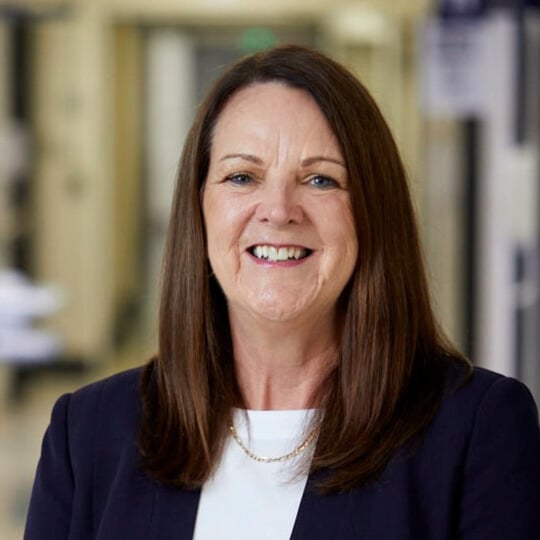
Professor (Practice) Alison J McMillan PSM
Chief Nursing and Midwifery Officer
Australian Government Department of Health, Disability and Ageing
As the Commonwealth Chief Nursing and Midwifery Officer Alison leads, influences, and collaborates in the development and implementation of policy and programs relating to nursing and midwifery, health and aged care systems, and workforce.
Alison has been a Registered Nurse for more than 40 years, she has a Critical Care Nursing Certificate, a Bachelor Degree in Education, and a Master of Business Administration. Alison has held senior executive roles in government and health services within Victoria including the Chief Nursing and Midwifery Officer, Director of Quality, Safety and Patient Experience and Director of Health Emergency Management.
She has received a number of awards including a Public Service Medal in June 2021 for outstanding public service to driving the Government’s national health response priorities during the COVID-19 pandemic, a National Emergency Medal in recognition of service following the 2009 Victorian Bushfires and, in 2021, a Humanitarian Overseas Medal.
A contemporary perspective on the nursing and midwifery professions in Australia
This presentation offers an exploration of the evolving landscape of nursing and midwifery in Australia. Against a backdrop of rapid healthcare advances, shifting consumer expectations, and significant policy reforms, the roles and responsibilities of nurses and midwives are expanding. Drawing on recent research, workforce data, and national policy direction, the discussion will address opportunities such as the integration of technology, cultural competency, and interprofessional collaboration. It will also highlight the professions’ vital contributions to person-centred care and the pursuit of equitable outcomes for all Australians. The presentation aims to foster a deeper understanding of the dynamic nature of nursing and midwifery in Australia today.
